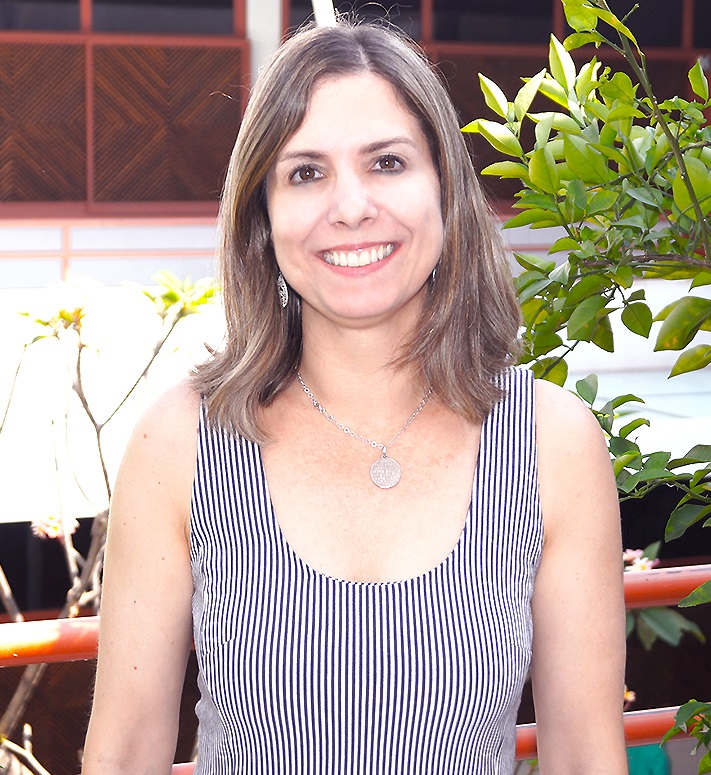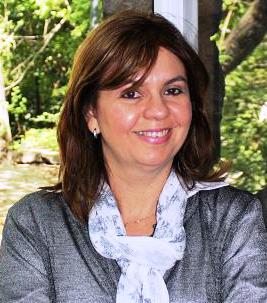Seeking continuous development (part 1)
February is a great opportunity for us to finally get down to implementing our New Year resolutions, isn’t it? It is only natural that we take this time to revisit our professional life and make important decisions to develop professionally and avoid the tantalising stagnation of our comfort zone. Yet, many teachers I talk to tell me they don’t know exactly how to start.
I find Donald Freeman’s KASA framework very useful, since we don’t necessarily depend on our employers (if we have them) to set our own targets to develop Knowledge, Awareness, Skills and Attitude. This month, I’d like us to look at the K (knowledge) and the S (skills).
Prepare to get an English language certification
More important than the certificate itself is your preparation for it. Even though it may seem obvious that English teachers need good understanding and command of the English language, it is not uncommon to come across professionals who believe that they have learnt everything they need. Native and non-native speakers alike are vulnerable to the often mistaken idea that further development of language awareness isn’t necessary. The evolution of languages and the sheer amount of different meanings arising from different words and grammar structures result in the fact that teaching requires constant learning.
What was the last conscious action you have taken in order to improve your knowledge of the English language? Maybe an international certificate may provide you with a tangible goal to help you in this process. Not to mention that such certifications often cause a good impression in selection processes.
Enrol in a language course
It may be English, Japanese, French or Portuguese: the language of choice is ultimately irrelevant. The opportunity to put yourself in your students’ shoes and experiment the learning process from a different perspective can result in numerous insights that will help you improve your own practice. Being able to try to use, analyse and learn a language can shed light into learners’ affective, cognitive and social needs. Moreover, seeing our teachers in action is a great way for us to see how activities, approaches and techniques look like from across the classroom. It is common sense that peer observations are a great way to help us develop our skills, right? As far as quantity of observations goes, few experiences can equal that.
Attend conferences and workshops
Even though they lack the continuity that long-term courses can offer, conferences and workshops can help us see what’s going on in teaching outside our own classroom. Ironic as it seems, teaching can be a very lonely profession, and teachers do find solace in sharing experiences and networking. Free workshops are often available in a number of cities. Conferences such as the IATEFL, TESOL or BRAZ-TESOL may require more investment of time and money, but they can also allow you to be in close contact with teachers working in different contexts, as well as the big names in ELT.
Know who you (want to) work for
If you work in a school or language institute, it’s not enough just to know about English and teaching. You have to know what your employers expect from you, as well as what the institutional and local goals, needs, beliefs and challenges are. When interviewing applicants for teaching positions, I’m often surprised at how little some of them know about the place where they want to work (or already do, as a matter of fact).
Knowledge of the values and culture of the workplace is essential for a successful employment relationship, but it is frequently taken for granted and incompatibilities in these areas can easily lead to dissatisfaction and lack of motivation. Before applying for a position, explore the website, talk to people who work or have worked there and have a chat with students, if possible. If you don’t know what you’re getting yourself into, chances are you might be facing yet another selection process soon.
If you already got the job, make sure you check the brilliant advice that Isabella Villas Boas has just posted (just click here).
Get a certificate in teaching
Pursuing an international certification may seem like an expensive, time-consuming and energy-draining endeavour. And it usually is. However, I’m yet to meet a teacher who did it and considered it a complete waste of time or money. On a more personal note, I can say that taking the ICELT (and don’t even get me started on the DELTA!) was a watershed event in my life – not just my career – allowing me to identify my strengths and professional gaps, forcing me to revisit my beliefs, my practice and turn my job into a career.
Options of reliable courses include among others the CELTA and the Anaheim University TESOL certificate (by the David Nunan Institute) and come in a range of price and formats – from online to face-to-face, part-time to full time, locally to overseas. Even if such courses don’t fit your life at the moment, a little research can also lead to number of free courses and extension courses that may be just right for you. Please feel free to drop me line if you’d like to weigh the options.
In my next post, we’ll look at the two As – Awareness and Attitude, which I find the most crucial and challenging areas for development. Wish me luck!
Reference:
Freeman D. 1989 Teacher Training, Development, and Decision-Making TESOL Quarterly, 23(1) 27-45




